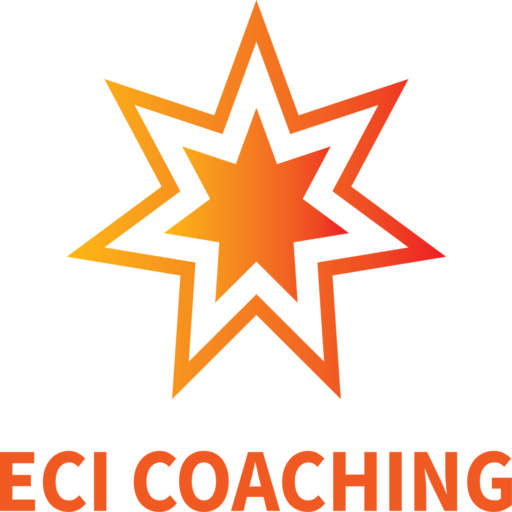How Do You Make a Successful Career Switch?

Did you know that the average person changes careers 5-7 times in their lifetime? If you’re considering a career switch, you’re not alone. But making a successful transition, which is what this journey entails, requires careful planning and a strategic approach. This guide will provide you with the steps, tips, and insights you need to confidently navigate changing careers and achieve your professional goals.
Why Do People Switch Careers?
People change career paths for various reasons. Understanding these motivations can help you validate your own desire for a switch and prepare for a smoother transition:
- Burnout and lack of fulfillment: An unsatisfying career can take a significant emotional toll, leading to burnout, stress, and a feeling of being stuck.
- Desire for new challenges and growth: The appeal of learning new skills, taking on different responsibilities, and pursuing personal and professional growth is a common driver for a career change.
- Shifting priorities and values: Life changes, such as family responsibilities or a change in personal values, can lead to a reassessment of career goals and the desire for a career transition.
- Market demands and emerging industries: The need to adapt to evolving job markets, explore new opportunities, and stay relevant in a changing world often prompts individuals to change careers.
Navigating a Career Change: A Step-by-Step Guide
Here’s a step-by-step guide on how to transition to a new career:
1. Assess Your Current Situation
Before you change careers, it’s crucial to assess your current position. Ask yourself:
- What aspects of your current job do you enjoy or dislike?
- What are your core values and how do they align with your career?
- What are your strengths and weaknesses?
- What are your salary expectations and desired work-life balance?
2. Explore Your Interests and Skills
To navigate career transitions smoothly, explore your interests and skills:
- Consider taking personality tests or career assessments to gain insights into your aptitudes and preferences.
- Brainstorm potential career paths that align with those interests and skills.
- Utilize resources for exploring different career options, such as career websites and industry publications.
3. Research Potential Career Paths
Conduct thorough research on potential career paths:
- Research specific roles and responsibilities within those industries.
- Identify required qualifications, certifications, or education.
- Analyze salary trends and job market outlook.
4. Develop an Action Plan
Create a strategic action plan:
- Set realistic goals and timelines for your career change.
- Identify necessary steps, such as skill development, networking, and job searching.
- Create a budget and consider the financial implications of your transition.
5. Take Action
Take proactive steps to change your career:
- Rebrand yourself by updating your resume, LinkedIn profile, and online presence to reflect your new career goals.
- Network strategically by attending industry events, connecting with professionals on LinkedIn, and joining relevant online communities.
- Gain experience through freelance work, volunteer opportunities, or internships to build relevant skills and experience.
- Consider further education, such as certifications, online courses, or degree programs, to enhance your qualifications.
6. Leverage Your Existing Network
Don’t underestimate the power of your existing professional circle:
- Reach out to current contacts for advice and support.
- Emphasize the value of informational interviews and networking within your existing professional circle.
7. Don’t Limit Yourself to Your Current Industry
When you change career path, broaden your perspective:
- Don’t just look for positions in your current industry.
- Highlight the value of transferable skills and how they can be applied in new fields.

ECI Coaching: Your Partner in Career Transformation
Changing careers is a significant decision. ECI Coaching assists individuals throughout career transitions with certified coaching and support, including ICF Coaching in Singapore. Our services include career coaching for clarity, strategy, and overcoming obstacles; skills development workshops for career preparation; and interview preparation for enhanced confidence.
So, to answer the question, “How do you navigate career transitions smoothly?” consider these key steps: self-assessment, exploring interests, researching career paths, action planning, taking action, leveraging your network, and broadening your perspective.
Ready to make a successful career switch? Contact ECI Coaching to support your career transformation and explore our coaching programs and services.

